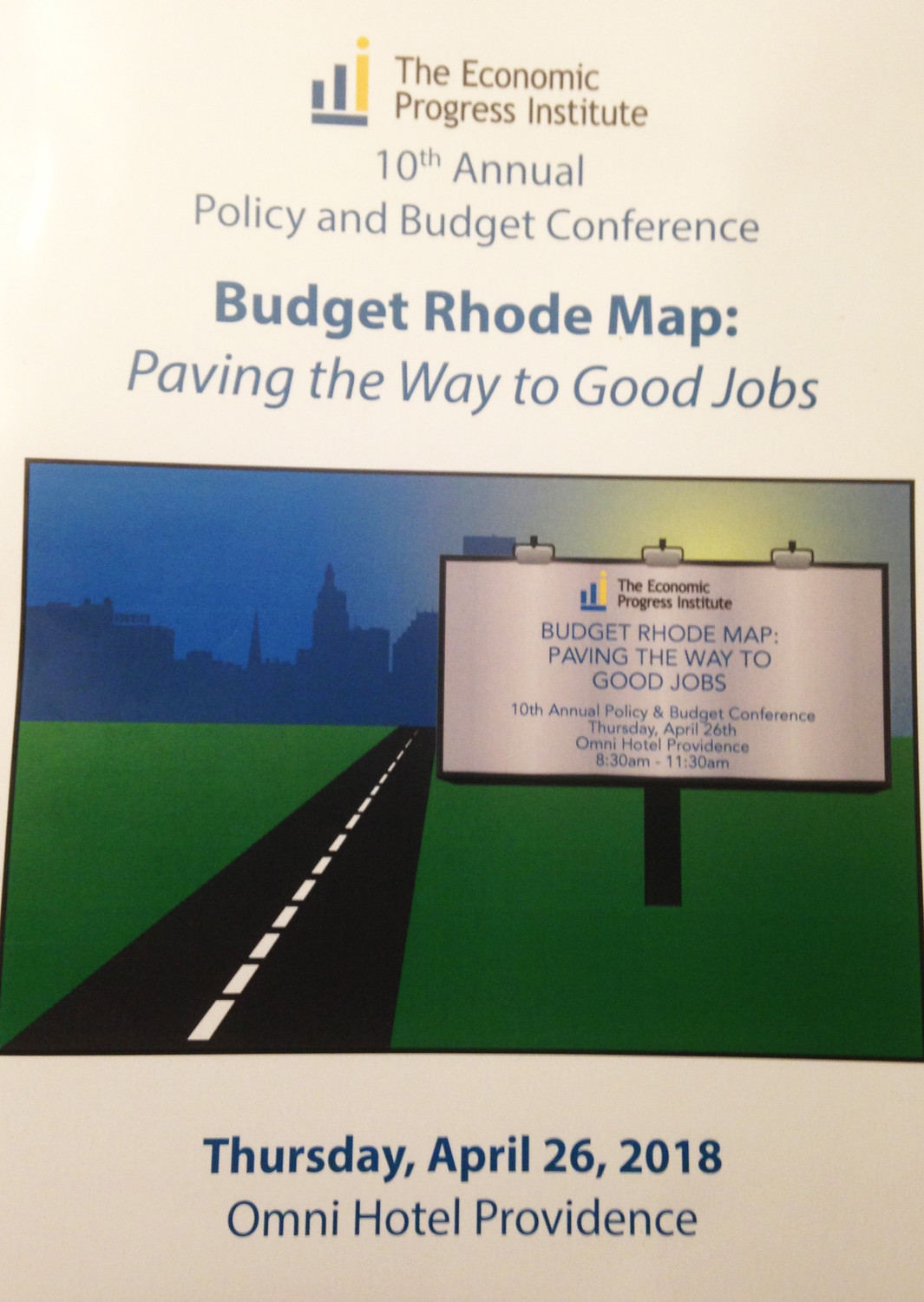In search of common political sense when it comes to jobs
The path to prosperity begins with supports for housing, childcare, food, transportation and health equity, barriers to the workforce that fall mostly on women
What remained mostly un-discussed and un-coverered were the things that perhaps matter most to voters: the high cost of health care, the high cost and difficulty of finding childcare, and the high cost and difficulty of finding a career path to a good-paying job. And, for those of retirement age, the impossibility of retirement.
There has been much attention focused on the failures of UHIP, which promises to become a political football in 2018. But the underlying premise of UHIP, that a single entry technology system would root out fraud and waste and save money and reduce the number of state jobs, seems to deny the basic human nature of relationships in administering benefits to the most vulnerable residents of Rhode Island. Framing the discussion in those terms would truly result in a lively experiment.
PROVIDENCE – At the 10th annual policy and budget conference hosted by The Economic Progress Institute on Thursday morning, April 26, at the Omni Hotel, entitled “Budget Rhode Map: Paving the Way to Good Jobs,” there were plenty of facts and figures to digest, lots on insightful commentary from both government officials and community advocates to unwrap, and an avalanche of useful information to add to the political conversation as the state lurches toward the 2018 election season – if any reporters, pundits or candidates desired to learn more about the basic facts of workforce issues and economic development in Rhode Island.
The focus of much of the discussion was on preparing the state’s current workforce for success, examining many of the programs currently underway as part of Gov. Gina Raimondo’s agenda.
Andy Van Kleunen, the CEO of the National Skills Coalition, gave the keynote address.
The state agency panel featured Courtney Hawkins, director of the R.I. Department of Human Services, Ken Wagner, commissioner of the R.I. Department of Education, Heather Hudson, executive director of the Governor’s Workforce Board of Rhode Island, and Brenda Dann-Messier, the Postsecondary Commissioner in Rhode Island.
Opening remarks were given by Brett Smiley, chief of staff for Gov. Gina Raimondo, and Sen. William Conley, chair of the R.I. Senate Finance Committee.
[Kate Bramson, former reporter with The Providence Journal, and now director of policy for the Rhode Island Senate, was busy taking copious notes; Alisha Pina, another former reporter with The Providence Journal, now serving as a spokeswoman for the R.I. Department of Human Services, was also in the audience. The reporting chores for covering the event by The Providence Journal were handled by Paul Edward Parker.]
The biggest takeaway
The biggest takeaway, put in the most direct terms, was this: without food, housing, transportation and childcare supports, you cannot go to work, a barrier that falls most heavily on women.
The value of childcare is often devalued as a necessity to entering the workforce. That message was delivered forcefully by Katiria Perez, a member of the community panel, who spoke of her own experiences staying at home as a married mother with young children, unable to afford childcare.
Perez, a graduate of the Genesis Center training program, is beginning her career as a medical assistant at Lifespan next month, following an apprenticeship coordinated by Jacqueline Scungio, director of Human Resources Operations at the Providence Community Health Centers.
[If you were to add in access to affordable health care, you would have identified the great fundamental divide in our partisan political world: the idea supported by the Trump administration and Republicans in Congress that the poor are somehow undeserving and that government benefits – whether it be food stamps or Medicaid or housing subsidies – require some kind of work requirement to be attached as a way of making the poor “earn” their benefits.]
Nutritious nuggets
There were a number of nutritious nuggets in the presentations:
• Cameron Ennis, executive director of The Education Exchange in Westerly, described his innovative efforts to create a workforce apprenticeship program for oyster aquaculture, one of the growing industries in Rhode Island. Ennis talked about the barrier of finding a place to park his oversized van filled with oyster cages in order to attend the conference. He also discussed the problems of participants disappearing after the first paycheck, which he suggested was part of the opioid epidemic.
• Shannon Carroll, the executive director at the Genesis Center, talked about the need for financial literacy and financial empowerment, particularly around transportation issues, such as saving to buy a car. Carroll also talked about investments in childcare being a two-way street – both as a potential career path that needed to have higher wages for caregivers, and as an absolute necessity for women to be able to enter the workplace to find good-paying jobs.
• Mario Bueno, the executive director of Progreso Latino, spoke about the need to listen to what the community was saying and what the real needs are, responding to what they want and what they need.
From the audience, there were also a number of probing questions. One person drew attention to the affordable housing crisis as a necessary component to any discussion of workforce development. Another talked about the problems for those in the Hispanic community not seeing themselves represented in positions of authority, including the members of the state agency panel.
Another pithy remark from the gathering that stuck out was the idea that “remediation does not work” in the educational setting.






